The history of Warsaw
#Warsaw tour guide #Warsaw city guide # guided tour in warsaw #Warszawa tour guide #Warszawa city guide #guided tour in Warszawa
CLICK ON THE IMAGE OR HEADLINE IN THE BOXES!
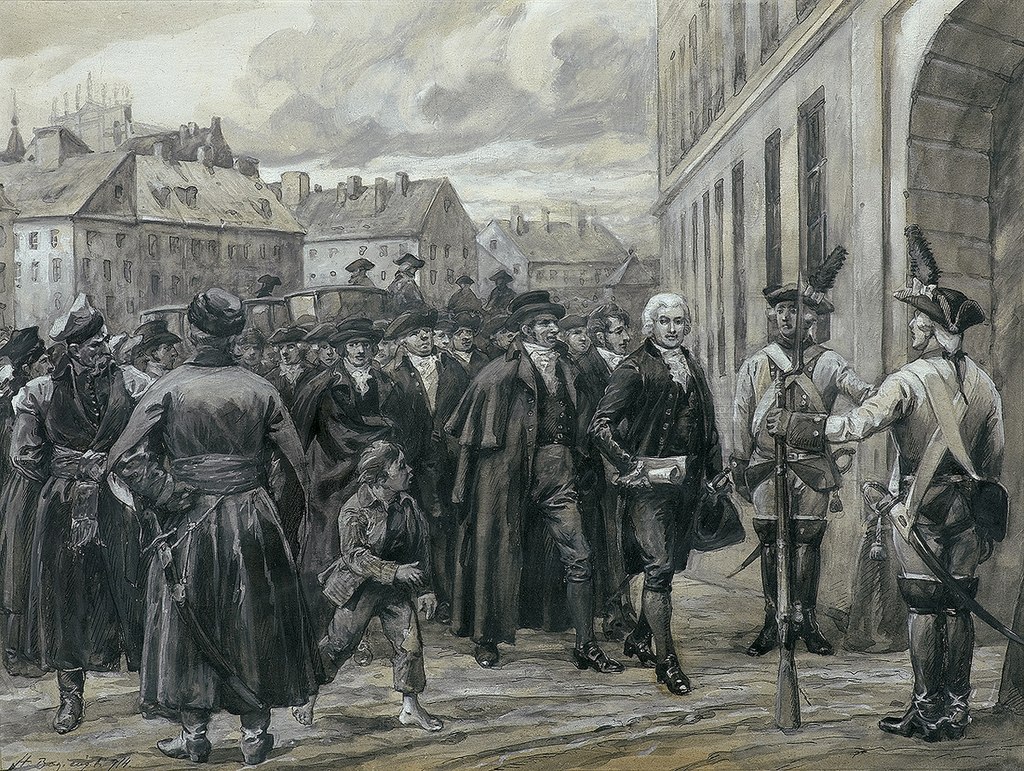
Warsaw history through the ages
Warsaw history – A linear description of Warsaw from the beginning of time to almost the present day. It’s a bit long, but an excellent opportunity to get an overview of the city’s history, which is of course also part of Poland’s history.
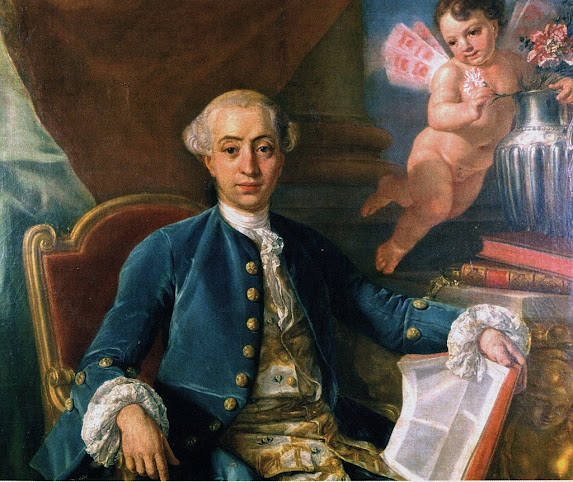
Casanova in Warsaw
After travelling to Russia in 1765-66, Casanova visited Warsaw, which he had to leave in a hurry after a duel with a prominent nobleman. Casanova has interesting observations about the city and also observes the tense political situation.
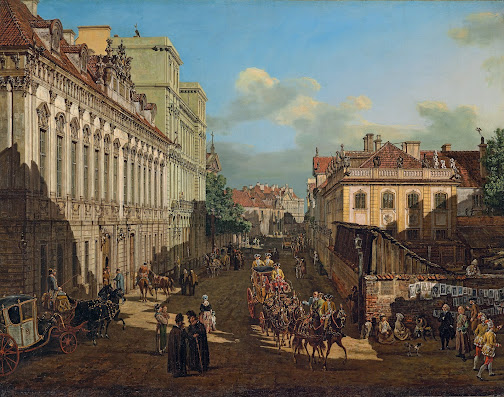
Canaletto’s Warsaw
Canaletto was a court painter for the last Polish king, Poniatowski, and is often referred to as the camera of his time. During a visit to Warsaw, you’ll have plenty of opportunities to see his works, which are displayed in glass cases (in replica) in front of the buildings they depict. After World War II, large parts of Warsaw were rebuilt based on his paintings.
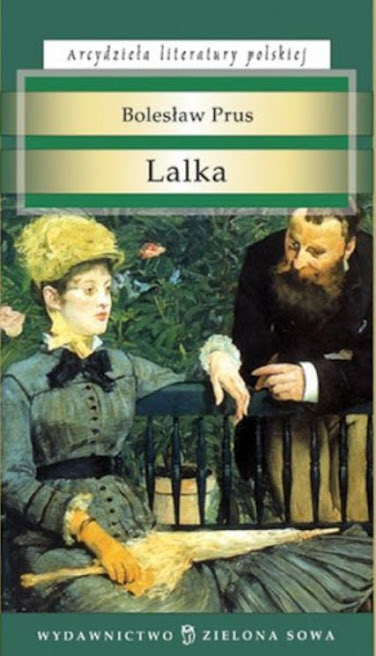
Warsaw in the novel The Doll
Warsaw in the 1870s is brilliantly and accurately described in this mammoth novel, which gives a good impression of the ethnic and social tensions, social upheavals, political oppression and also compares Warsaw to another capital city, Paris.
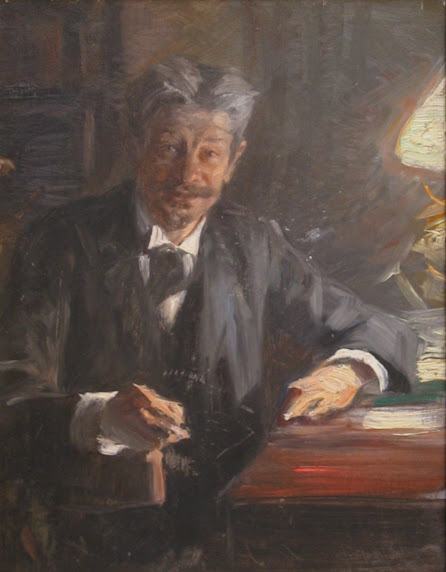
Brandes in Warsaw
The Danish literary critic Brandes visited Poland a few times in the 1880s, and his account of the stay here is still vivid and a source for understanding the character of the Polish people.
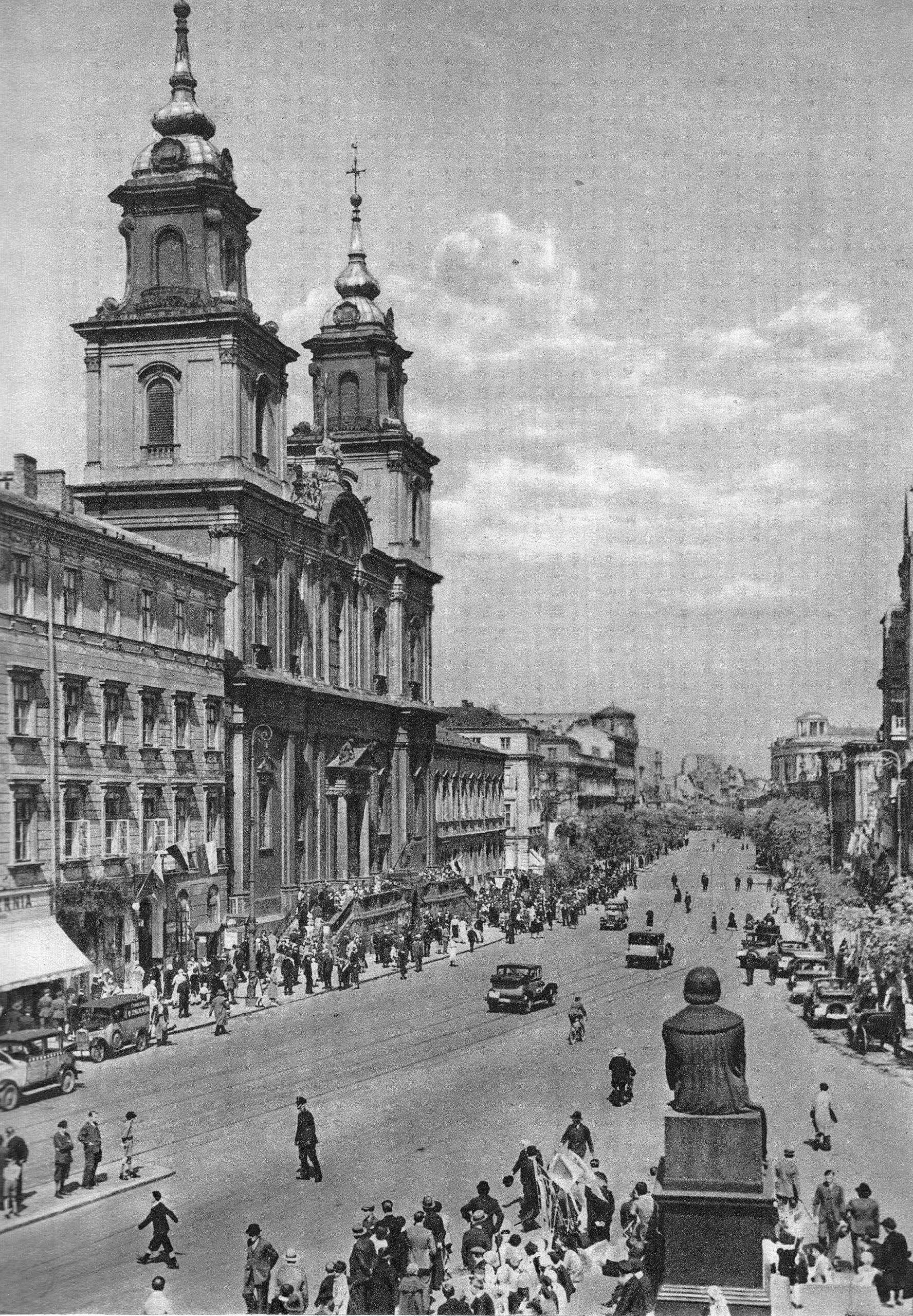
Warsaw through the eyes of William Jensen
In 1938, Danish author William Jensen published a book about Poland, and one of the chapters was entitled “Warsaw – City of Contrasts”. You get a very accurate sense of the chaos and beauty that reigned in the city just before the outbreak of World War II.
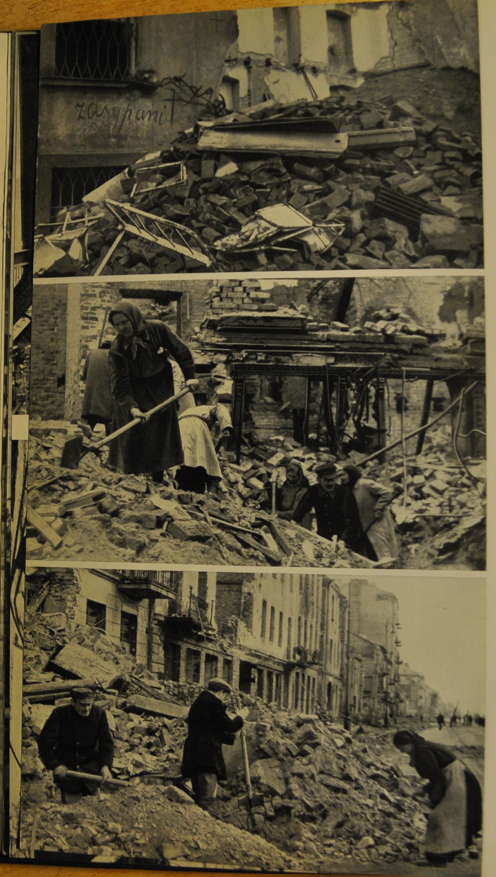
The reconstruction of Warsaw
Warsaw before World War II was squeezed together, although some prestige areas helped earn the city the nickname “the Paris of Eastern Europe”. The devastation of the war meant that after the war, city planners had the opportunity to plan a new, bright and open city. The authoritarian regime helped here, as all land in Warsaw was nationalised after the war.
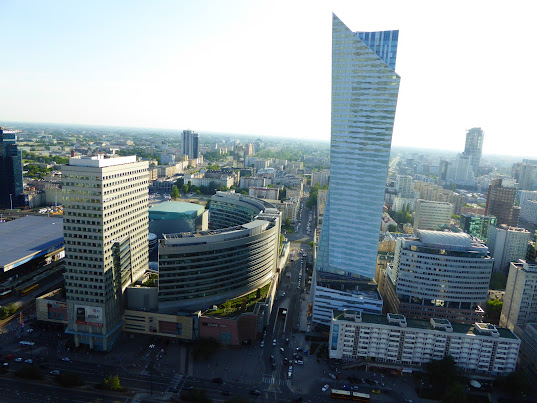
Warsaw in the TV series The House
The TV series “The House” was filmed in the years 1980-2000, and in 25 episodes of up to an hour and a half each deals with Warsaw’s development from 1945 to 1980. It is a series that follows the residents of a Warsaw house from their return to the war-torn city, through reconstruction, faith in communism and disillusionment.
Please send an email to m@hardenfelt.pl if you would like an English-speaking tour guide to show you the most important places in Warsaw.

